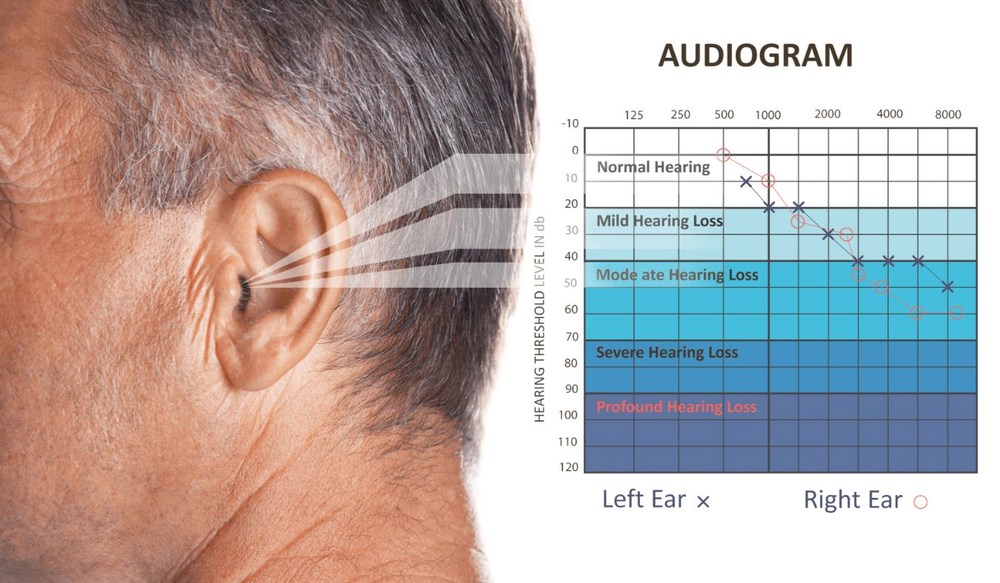The Role of Audiologists in Hearing Care & Hearing Loss Treatment
Audiologists are highly trained healthcare professionals who specialize in


Audiologists are highly trained healthcare professionals who specialize in

Hearing loss is a common issue that affects millions of people worldwide,

Hearing tests are an essential tool in diagnosing and understanding